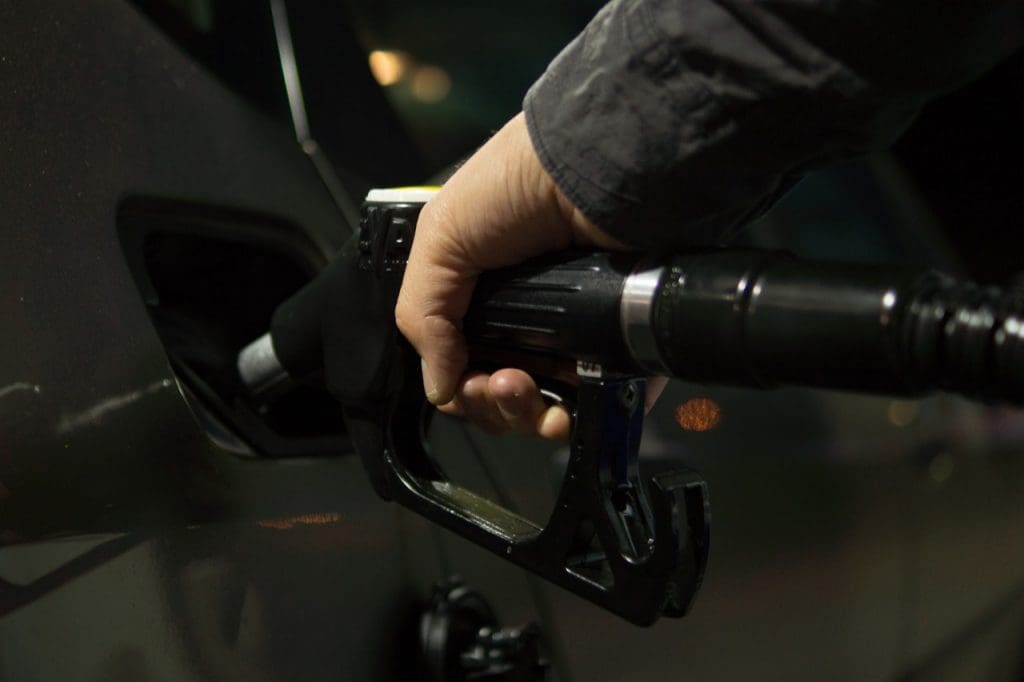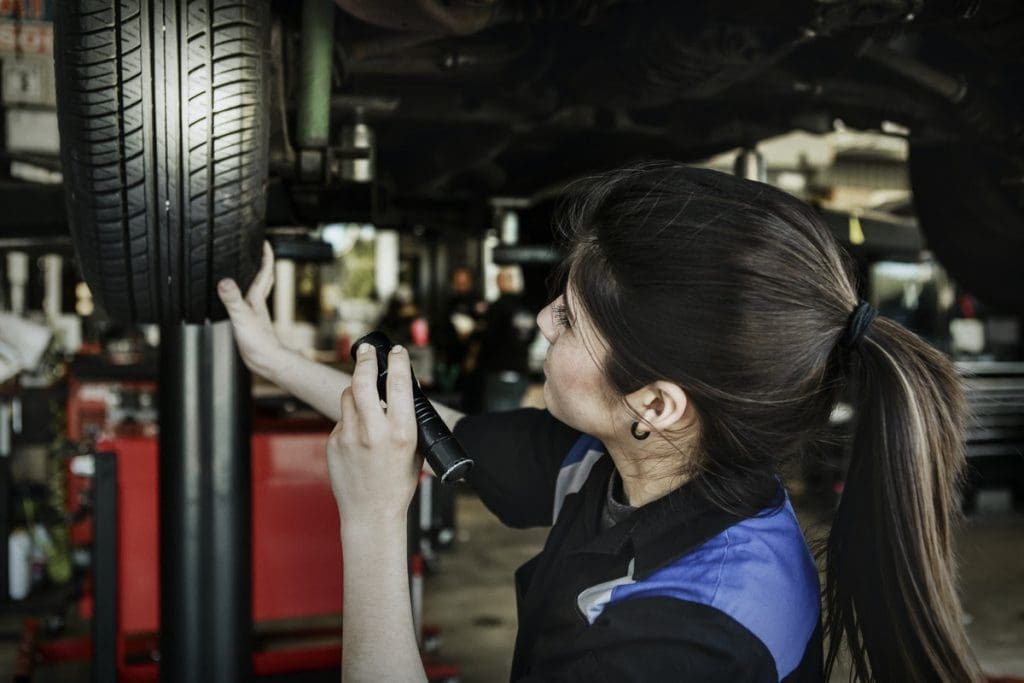When you buy a car, no one talks you through the actual cost of ownership across the many years you’ll have it. Whether you’re buying a brand new from a dealership or taking out finance on a second-hand model, it’s important you work out the overall running costs of owning a car before you drive away with it.
Other than the actual car itself, there are several other factors you’ll need to consider owning a car. From the diesel or petrol, maintenance, insurance, and registration fees, it’s easy to understand how costs can run away from us! So, let’s get down to the nitty-gritty and work out what your run around could set you back.
Table of Contents
Fuel
Ah, fuel. The cost we all love to hate. Take a look at what miles per gallon your car is supposed to run on, and from here, you’ll be able to roughly work out how much it’ll cost you to make your journeys each month. Whether you’re driving to and from work, doing the school run, or making much longer trips, the math will help you calculate what your regular running costs might be.

Don’t forget that fuel prices fluctuate daily, so it’s easier if you work out the costs on a rolling average.
Monthly payments
This only applies if you’ve taken out car finance using a business-like Go Car Credit. Your monthly car payments are likely to be the biggest you’ll make, depending on how much the overall cost of your wheels are. If you find the right finance company or car dealership, they can help you work out what the payments will be over the agreed term to determine whether they fit within your budget.
When considering finance, don’t forget this isn’t the only monthly payment you’ll have to make, so consider when deciding what your maximum budget is.
Insurance
Something you’ll need to have if you want to drive your car on the road! Insurance is a necessary cost of owning a car. Insurance can vary from company to company, and it’s important to shop around for the best deal and the right cover for you. You can choose from additional factors like roadside assistance and breakdown cover, all of which will help you in the long run, even if you don’t feel like they’re necessarily right now.
Maintenance and repair

New tires, oil changes, and even new windshield wiper blades – maintenance and repair are crucial to ensure your car has a long and healthy life. However, with that comes the costs, all of which can change over the life of your wheels.
Most new cars come with a warranty that will last you a few years, but if you’re buying second-hand, this may have expired. Make sure you check this before you buy, as taking your car to the garage can set you back a few hundred pounds.
Depreciation costs
Unfortunately, cars do depreciate over time; it’s just how it is. When you’re buying a car, it’s important to consider how much it will depreciate as soon as you make the purchase. The average new car will have a residual value of around 40% of its new price after three years, assuming you’re only driving 10,000 miles a year. In other words, it will have lost around 60% of its value.
If you’re going to keep the car for longer than three years, this may not be a cost that will cross your mind! But if you’re likely to hand it back within or around the three-year mark, it’s definitely something to think about.
Featured Image from Free-Photos on Pixabay




